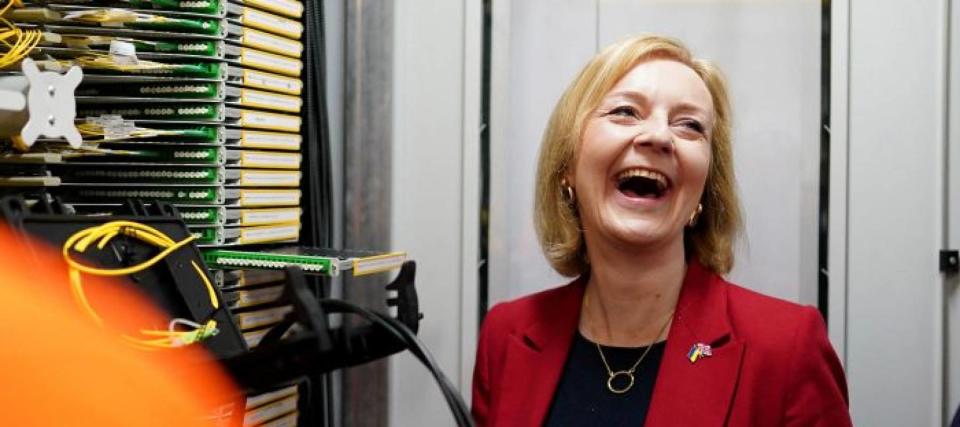Liz Truss can now claim $130,000 a year forever despite being PM for just 45 days — here's how to turn it into your own lifetime of benefits (even if you don't live in the UK)

After just 45 days on the job, British Prime Minister Liz Truss resigned last Thursday. Famously, her tenure was shorter than the lifespan of a head of lettuce.
However, the former PM may get the last laugh as she can now claim about $130,000 a year in publicly-funded allowance.
Here’s why the controversial leader can walk away with such a generous payout despite her administration’s disastrous impact on the British economy — and more importantly, how you can turn her departure into your own makeshift allowance.
Britain’s payouts for former leaders
In 1991, Prime Minister John Major and Cabinet Secretary Sir Robin Butler introduced the Public Duty Costs Allowance (PDCA). This is a government-regulated program that offers all prime ministers an annual allowance after their tenure.
The allowance is capped at 115,000 pounds a year and is designated for any expenses a former leader may incur after leaving office. This includes paying for the services of a secretary and maintaining an office.
According to the government website, the program’s purpose is to allow former leaders to fulfill public duties even after they leave office. Put simply, it’s compensation for any duties a former prime minister is expected to fulfill after they resign or complete their official term.
The PDCA is not a pension. British leaders are paid a pension separately. The program also has strict limitations. It cannot be paid in advance. Instead, the former leaders are expected to file supporting documents such as receipts, pay slips for staff and travel cards to the Cabinet Office Finance or the National Audit Office for audit purposes.
It’s also a voluntary allowance. Truss hasn’t accepted any payouts under this program yet. Since her tenure was the shortest in British history and was completed during an economic downturn for the British economy, opposition politicians and trade unions are discouraging her from claiming the allowance.
Whether or not the former PM claims this annual payout, her short tenure may have already had an impact on the passive income for ordinary investors.
Truss’s impact on your passive income
The hallmark of Truss’s short tenure was her administration’s disastrous economic policy. The British pound fell to a record low when her finance minister Kwasi Kwarteng introduced a “mini budget” with tax cuts and spending increases. The sell-off intensified when the finance minister was dismissed and the policies reversed.
The British pound bounced when Truss announced her resignation but has since continued its slide. Investors could be indicating that there’s simply too much volatility and political uncertainty to invest in the U.K. right now.
However, this environment could be ideal for contrarian investors. Some British companies are publicly listed in New York. These companies are also exposed to foreign markets and the U.S. dollar more than the British economy. That means a weaker pound benefits them.
British American Tobacco (BAT) and Diageo (DEO) are the best examples of this. These two massive conglomerates own a portfolio of cigarette and liquor brands across the world. Their revenues are primarily generated offshore. Diageo offers 200 brands across 180 countries, while BAT generated 45% of its revenue in the U.S. This means a weaker British pound boosts their profit margins.
Both companies are also recession-resistant dividend stocks. British American Tobacco pays a 7.5% dividend yield while Diageo pays 2.3%. Stocks like these could be safe bets for investors seeking a contrarian bet on the British pound and economy in the months ahead.
This article provides information only and should not be construed as advice. It is provided without warranty of any kind.
